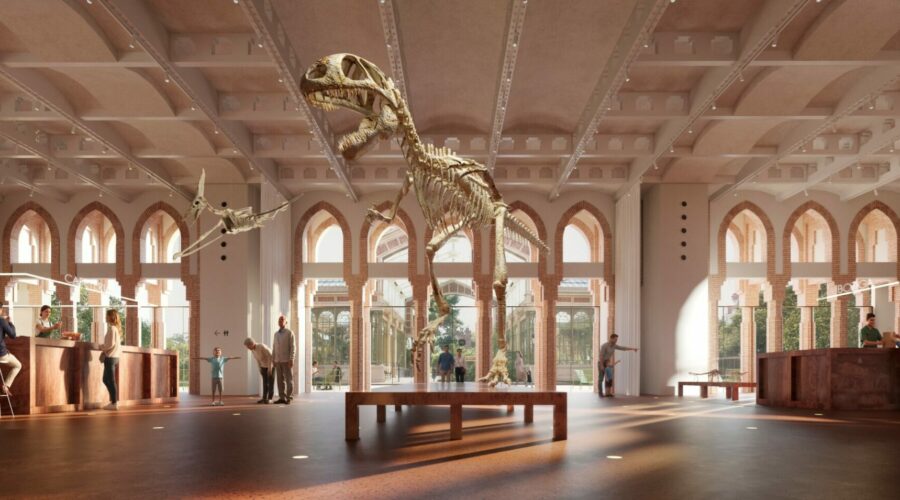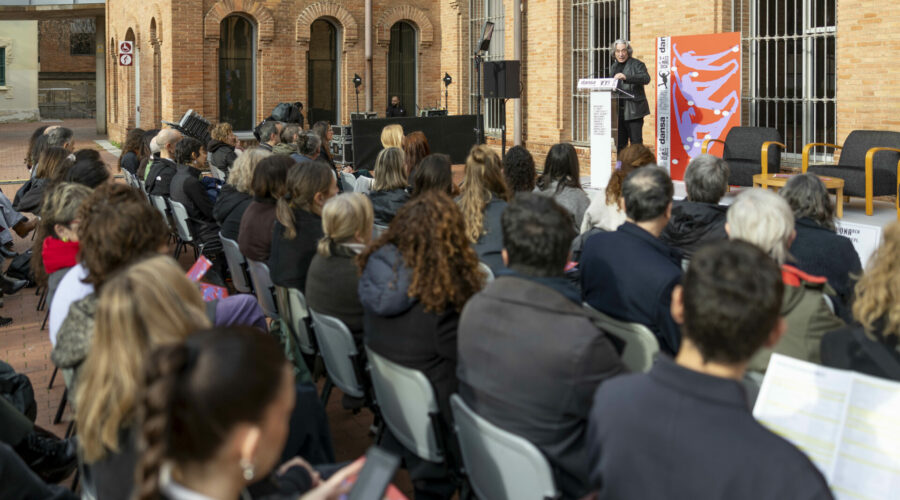 In the midst of a crucial debate on the future of tourist housing and the possibility of allowing small hotels in the center of Barcelona, Mayor Jaume Collboni finds himself at a crossroads as he has to decide between two opposing proposals put forward by Barcelona en Comú and Junts per Barcelona.
In the midst of a crucial debate on the future of tourist housing and the possibility of allowing small hotels in the center of Barcelona, Mayor Jaume Collboni finds himself at a crossroads as he has to decide between two opposing proposals put forward by Barcelona en Comú and Junts per Barcelona.
Both political groups aspire to be the preferred partner of the municipal government, and their proposals for the housing sector will set an important tone in the future relationship with the mayor.
Barcelona en Comú advocates for the closure of 8,000 tourist homes
Barcelona en Comú has announced its intention to urge the Collboni government to close 8,000 of the 9,700 legally licensed tourist apartments currently operating in the city. This proposal comes in response to the recent decree law passed by the Generalitat, which radically changes the rules for tourist apartments.
Previously, these had a perpetual permit to operate, but the new regulation gives municipalities the ability to make decisions about their tourist apartment park.
Under the new regulations, owners of legal tourist apartments will have to apply for an urban planning license within the next five years, which will be renewable every five years. This change gives municipalities the possibility to increase or reduce the number of tourist apartments in the future, allowing for a more dynamic regulation adapted to the needs of the city.
Junts per Barcelona proposes regulation for shared homes
On the other hand, Junts per Barcelona presents two initiatives that seek to modify the Special Urban Plan for Tourist Accommodation (Peuat). First, they propose the regulation of home sharing, i.e., the rental of rooms for periods of less than 30 days.
This proposal responds to the need to adapt the regulations to new forms of housing and reflects an old PSC initiative that Barcelona en Comú had prevented in the past.
The second modification proposed by Junts per Barcelona aims to allow unique tourism projects in Zone 1 of the Peuat, which covers the city center. At present, restrictions not only prevent the creation of new tourist sites, but also prevent the replacement of a closed tourist site.
Singular tourism projects refer to small hotels located in properties in particular situations.
Crucial decisions
These proposals place Mayor Collboni at the center of a dilemma, as he must choose between significantly closing the number of tourist apartments or allowing greater flexibility for small hotels in the center.
The final decision will have a direct impact on the configuration of the tourism sector and on the quality of life of Barcelona residents. As the city faces regulatory changes, the relationship between the municipal government and the different stakeholders in the tourism sector is being redefined, marking a milestone in the city’s strategy towards sustainable and equitable tourism.
The next meeting of the Ecology, Urbanism, Housing and Mobility Commission will be crucial to determine the direction Barcelona will take in this matter.



